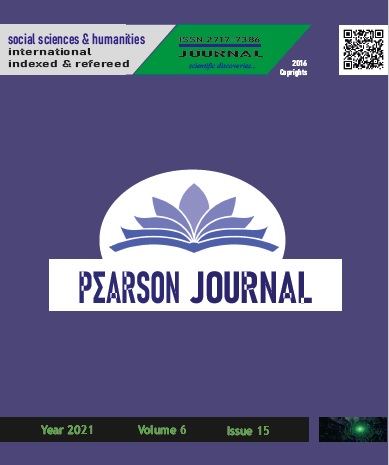AN EVALUATION OF MATHEMATICS SECONDARY SCHOOL CURRICULA FROM THE PERSPECTIVE OF 21ST CENTURY SKILLS
DOI:
https://doi.org/10.46872/pj.415Keywords:
Mathematics education curricula, 21st century skills, P21, learning and teaching processesAbstract
The purpose of this study is to comparatively examine 2013, 2017 and 2018 secondary school mathematics curricula in terms of 21st century skills. 2013-2017-2018 mathematics course curricula were examined in terms of general features and basic approaches, goals, achievements, learning areas and themes, learning-teaching processes, assessment phase. Document analysis method which is one of the qualitative research designs was used in this study. The data of the study were analyzed with the descriptive analysis technique. The results of the study show that 21st century skills are more explicit, especially in the basis approaches and general features of the 2017 and 2018 program. It has been determined that productivity and accountability skills are not included in the achievements of the curricula, and information, media and technology skills are not included in the measurement and assessment approach. In addition, when the learning outcomes are evaluated in terms of 21st century skills, it has been determined that most of the learning outcomes include indirect explanations for skills and more than one skill at the same time. Also, no explanation for 21st century skills were found in learning domains and themes in any of the curricula examined. With regard to research findings, suggestions were offered for future studies.




